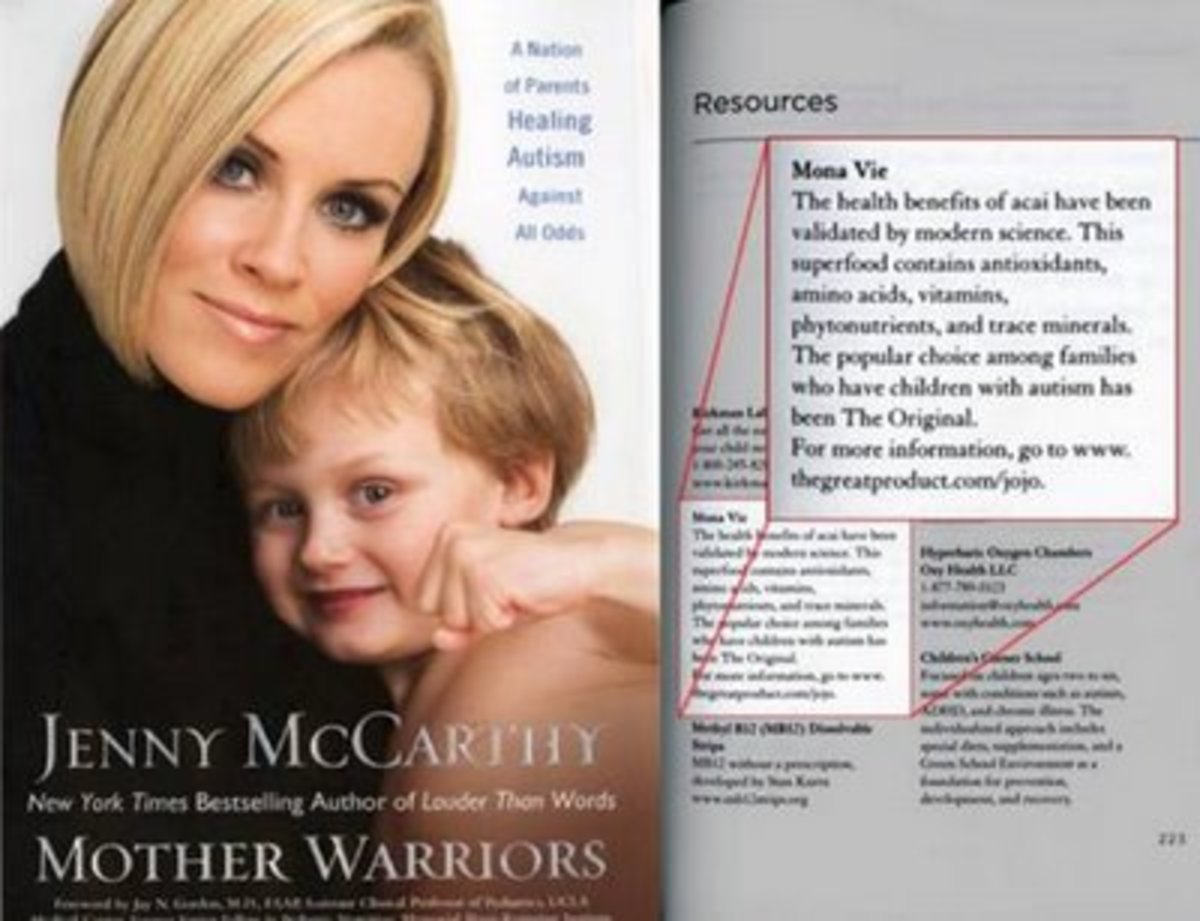Do I need to get Zostavax, the singles vaccine?


A 63 year-old man comes to the pharmacy after reading about the shingles vaccine in a magazine. He talks about how his brother had shingles a few years ago and had to take some pretty strong pain medicine. Every once in a while, he has to take more medicine when the pain gets bad. This man asks, "Should I get the shingles vaccine, and how does the whole process work?"
Have you ever asked your pharmacist about the shingles vaccine?

The short answer
Everyone ages 50 years and older is at a higher risk of getting shingles and should receive the shingles vaccine.
The shingles vaccine, Zostavax, is a live virus and should not be given to people with a compromised immune system, people with an acute illness, or people who are or may be pregnant.
With a standing order, your pharmacist can screen for, bill, and administer the shingles vaccine. Normally, the process takes about 15 minutes. They can also help you decide if the shingles vaccine is right for you.
Your pharmacist can help determine if the shingles shot is right for you!

The long answer
Shingles is caused by the herpes zoster virus, the same virus that causes chicken pox in children. Shingles happens when the virus re-activates in your nerves years after you had chicken pox. Nearly everyone has been exposed to zoster, even if they didn't have a bad case of chicken pox.
Throughout life, the zoster virus doesn't cause shingles because our immune system keeps it controlled. As we get older, our immune system weakens and zoster can take hold and cause shingles. One in three people will get shingles.
Like any immunization, the shingles vaccine teaches our body how to better fight off zoster and decreases the chance that it will cause an infection. The shingles vaccine provides 50% protection from shingles.
Zostavax is a live virus. This means that it has a higher chance of causing illness than an inactivated immunization (like the standard flu shot). Because of this, people with compromised immune systems, those who are pregnant, and those with an acute illness or tuberculosis should not get the vaccine. Once the issue is resolved, the vaccine can be administered.
The average retail cost for Zostavax is $200 to $250. Often, your insurance company will pick up some or part of this cost. Vaccines are considered preventative medicine and are more and more frequently being covered in full. Unlike the flu shot, the shingles vaccine is a one-time lifetime dose, so there are no recurring costs.
What are the pros?
| What are the cons?
| What else should I know?
|
|---|---|---|
50% reduced chance of getting shingles
| Nobody likes getting a shot
| Nearly everyone is at risk for shingles
|
One-time dose
| Can be pricey
| The risk for side effects is comparable to the flu shot
|
Quickly and easily administered by your pharmacist
| Sore arm, generally icky feeling for about a day
| Shingles is no fun to get
|
Since nearly everyone is at risk of getting shingles, nearly everyone is a candidate for the shingles vaccine.
In it's mild form, shingles causes a rash and mild pain. Commonly, shingles also leads to what is called post-herpatic neuralgia (PHN). This is a recurrence of the rash and/or pain throughout life. Each time it may need to be treated with antivirals and pain medication. In very severe, and very rare, forms, shingles can cause hospitalization, hearing problems, blindness, encephalitis, and death.
When it comes to health care, everything is based on benefit versus risk. The benefits of receiving the shingles vaccine are a decreased risk of suffering the rather common infection than often causes pain, and can be very serious. The risks include the cost, mild side effects, and a small chance of more serious vaccine-related side effects. For most people, the benefit-risk ratio leans heavily toward benefit.


A bit more on the topic
Nowadays, your pharmacist can likely provide any adult vaccine you need, including hepatitis A and B, shingles, influenza, HPV, and many more. Benefits in getting your vaccines from your pharmacist include it being really quick and easy and potential cost-savings.
Pharmacists that provide immunizations (and other health services) are specially trained to do so. Pharmacists have gone through courses to learn how to identify people who are candidates for vaccines, contraindications, risk assessment, and administration. They also have emergency protocols in place for the small percent of people who react to vaccines.
Vaccines administered by your pharmacist may have lower costs than vaccines provided at clinics. This is for a few reasons. Your pharmacist will not charge administration fees, or the costs associated with seeing a health professional. Historically, pharmacists are reimbursed a single fee for the product provided with professional fees built in. A physician or nurse will charge separately for an office visit and the cost of the vaccine. Another difference is that your pharmacist will bill your pharmacy insurance, whereas your clinic will bill your medical insurance. While understanding the difference can be complicated, just know that the end cost to you may be different. In some cases the medical claim may be cheaper, so for expensive vaccines (such as Zostavax) it's a good idea to compare prices.
The final word
Chances are that, if you are 50 years or older, it is a good idea to get your shingles vaccine. While the cost and aversion to needles are common barriers, the benefit of reducing your chance of getting shingles is so great that it's almost always worth it.
Your pharmacist can provide individualized information for you, help you decide if you are a good candidate for the immunization, and administer the shot all in a single interaction. Just ask!

Brandon Y is a community pharmacist working in Minnesota with over 10 years of experience in pharmacy. He welcomes comments and questions.
Disclaimer
The information provided on this page is intended for general educational and informational use only. It is not specific, personalized healthcare advice for you. For healthcare advice regarding your particular situation, talk to members of your healthcare team.








